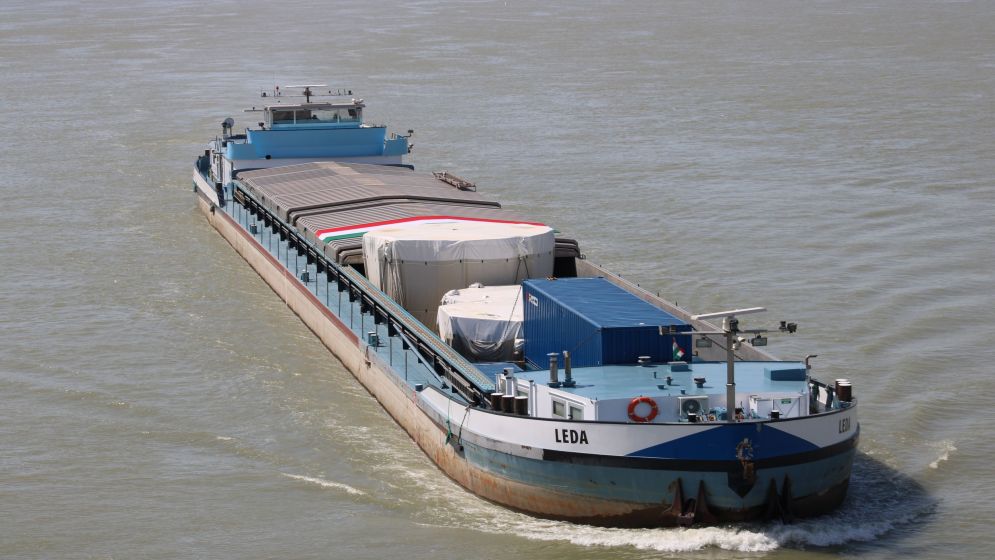Rosatom supplies core catcher to Hungarian nuclear power plant

Russian State Atomic Energy Corporation Rosatom has announced the successful delivery of a core catcher, a vital safety component, to unit 5 of the Paks-2 Nuclear Power Plant (NPP) in Hungary.
This milestone marks a significant step forward in the construction of the international Paks-2 project.
The core catcher, designed to contain and cool molten core material in the unlikely event of a meltdown, is an essential part of the NPP's passive safety system.
It was transported by water from Volgodonsk, Russia, and arrived at the Paks NPP construction site after a 48-day journey covering 3200 kilometers.
The Paks-2 NPP project is a collaborative effort involving Russian, Hungarian, and other international companies.
This delivery highlights the continued progress and commitment to safety in the construction of this important energy infrastructure.
The delivery of the core catcher, a crucial safety component, to the Paks-2 Nuclear Power Plant (NPP) construction site marks a significant step towards ensuring the plant's safety long before its operation.
"The arrival of this first large-sized equipment, a key element of the passive safety system, is symbolic," stated Vitaly Polyanin, Vice President of ASE and Director of Paks NPP Construction Project.
He emphasized Rosatom's commitment to timely construction, with plans to begin building the power unit and installing the core catcher by the end of 2024 or early 2025.
Preparations for Unit 5, where the core catcher will be installed, are progressing on schedule. Gergely Jákli, President and Director General of Paks 2, highlighted the collaboration with the general contractor to expedite the construction of a safe nuclear power plant.
With 900 specialists currently working on-site, the pace of construction is accelerating.
The recently delivered core catcher, positioned beneath the reactor within the concrete shaft, exemplifies the advanced safety features of the Paks-2 Nuclear Power Plant (NPP).
Filled with a specialized "sacrificial material," this component plays a critical role in containing molten radioactive material in the unlikely event of a core meltdown, preventing environmental contamination.
Built upon a Russian-Hungarian intergovernmental agreement and three foundational contracts, Paks-2 is a turnkey project featuring two Russian VVER-1200 power units of the 3+ generation.
This design aligns with stringent international and European safety standards, offering a guaranteed operational lifespan of 60 years.
As the first Russian project within the European Union, Paks-2 complements the existing Paks NPP-1, which currently produces over half of Hungary's electricity with its four VVER-440 reactors.
—-

